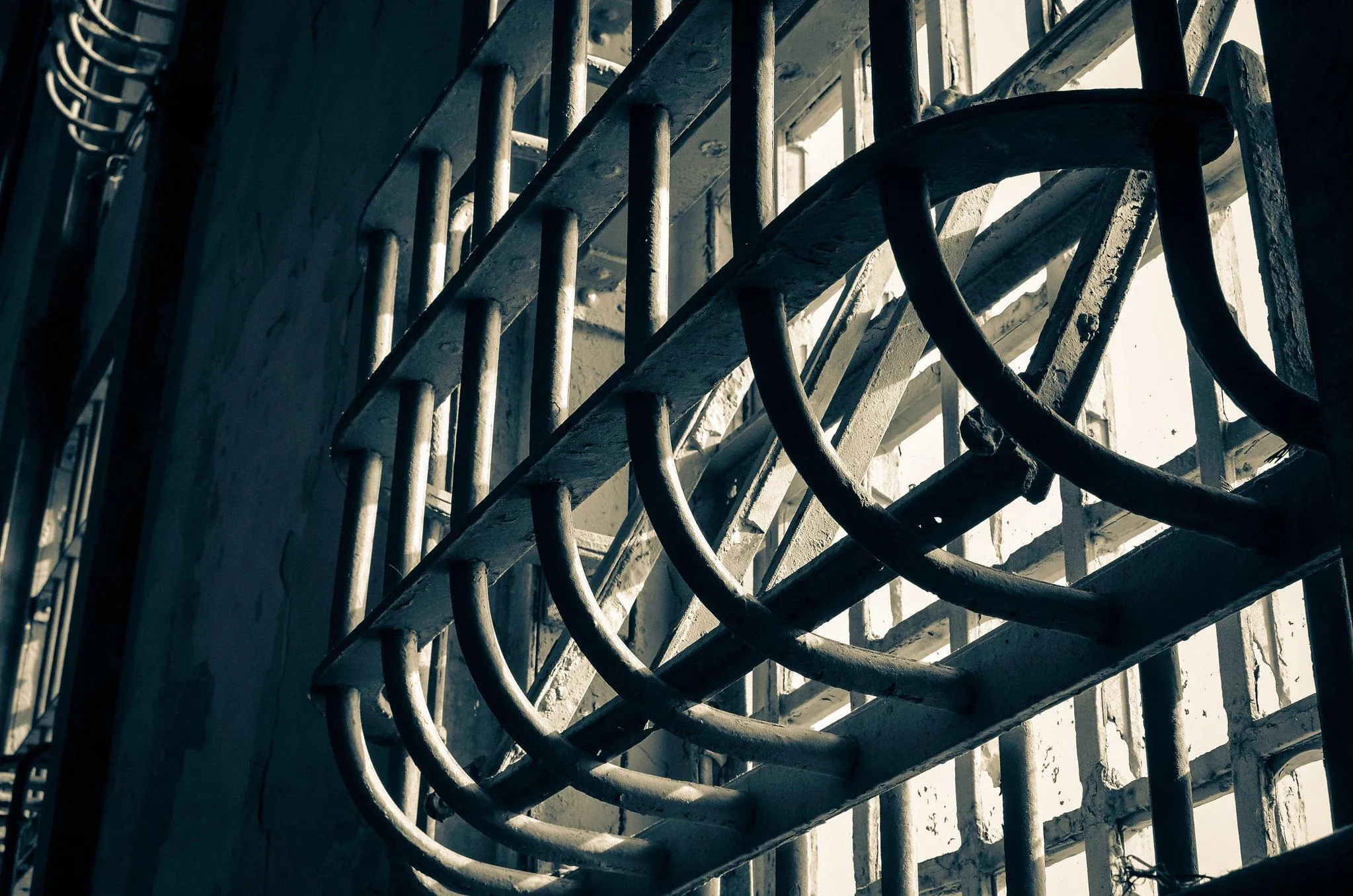
More in Commentary
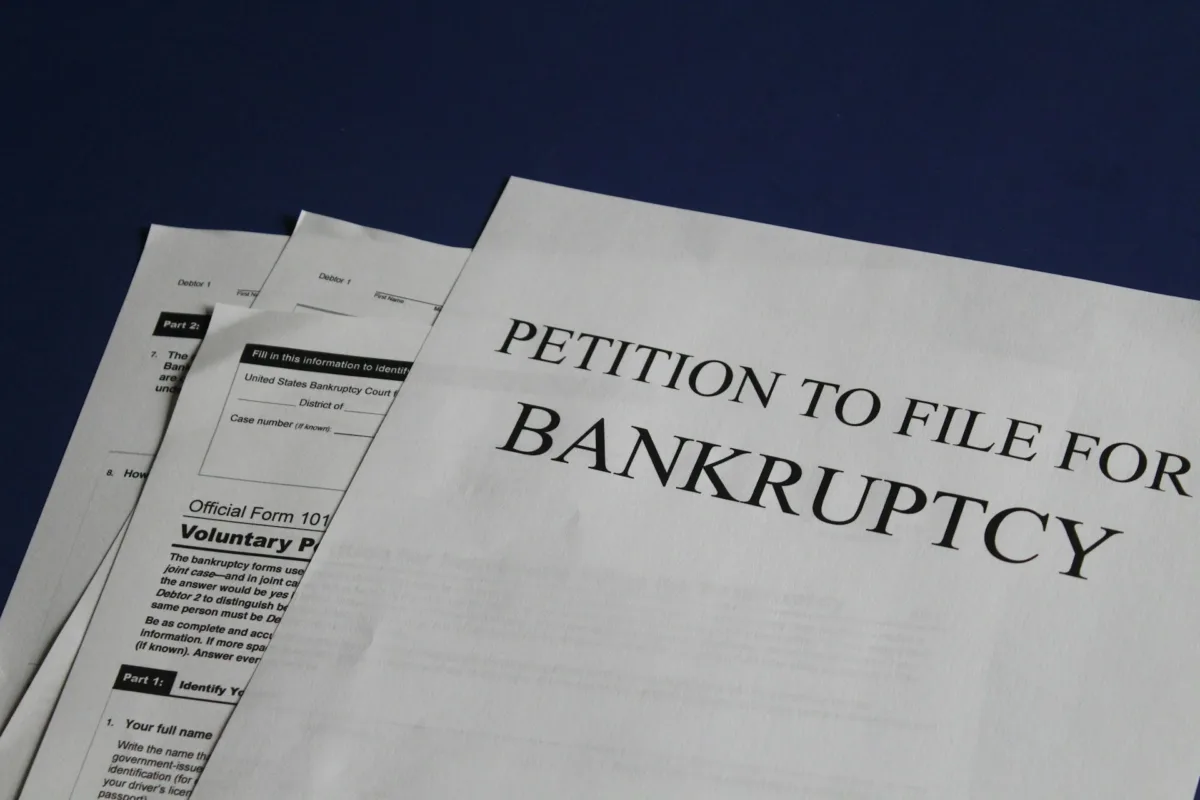
How ‘Bankruptcy’ Lets Private Prison Contractors Evade Accountability
Wellpath, one of the nation’s largest private correctional medical contractors, has conveniently filed for bankruptcy as it faces scores of lawsuits for alleged neglect and misconduct.
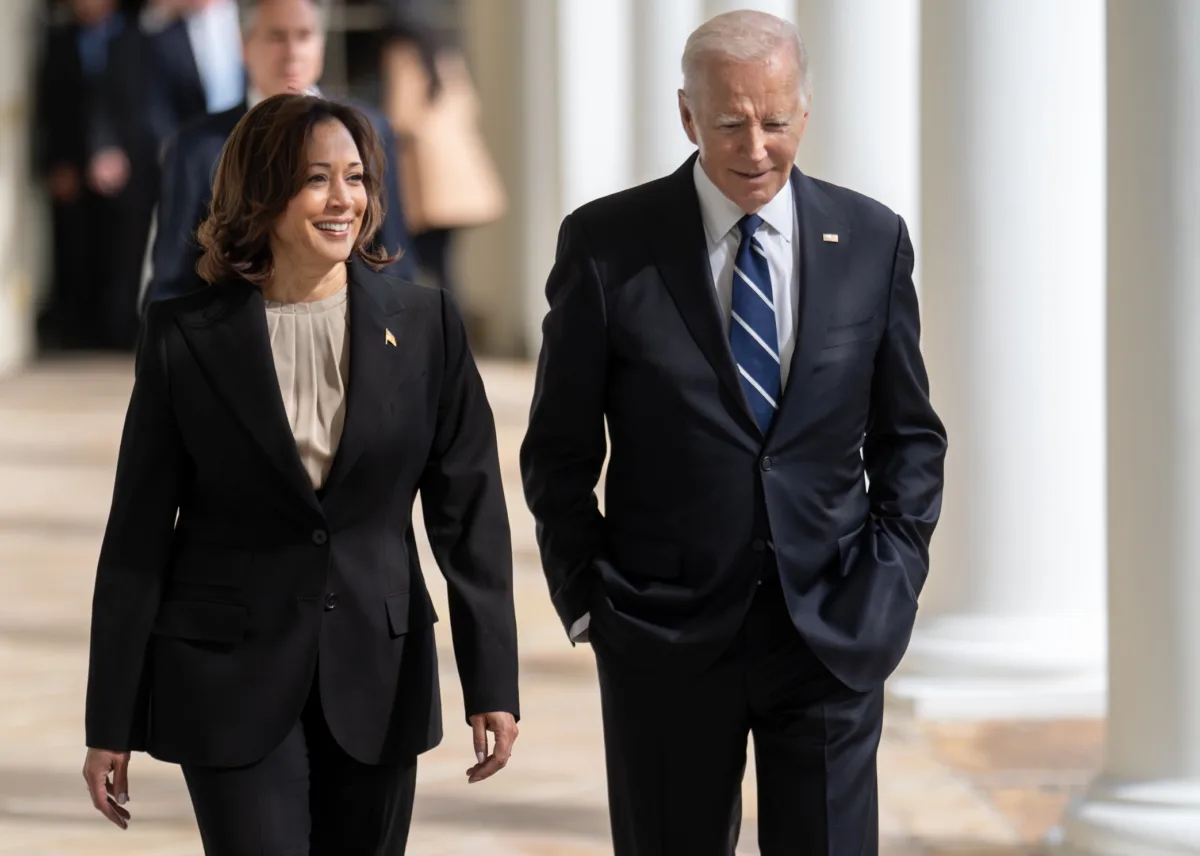
People in My Prison Want More from the Democrats. Here’s Why.
I spoke to the people incarcerated with me about the 2024 election. They want more than a Democratic Party that abandons incarcerated people, offers little, and focuses on demonizing its opponents.
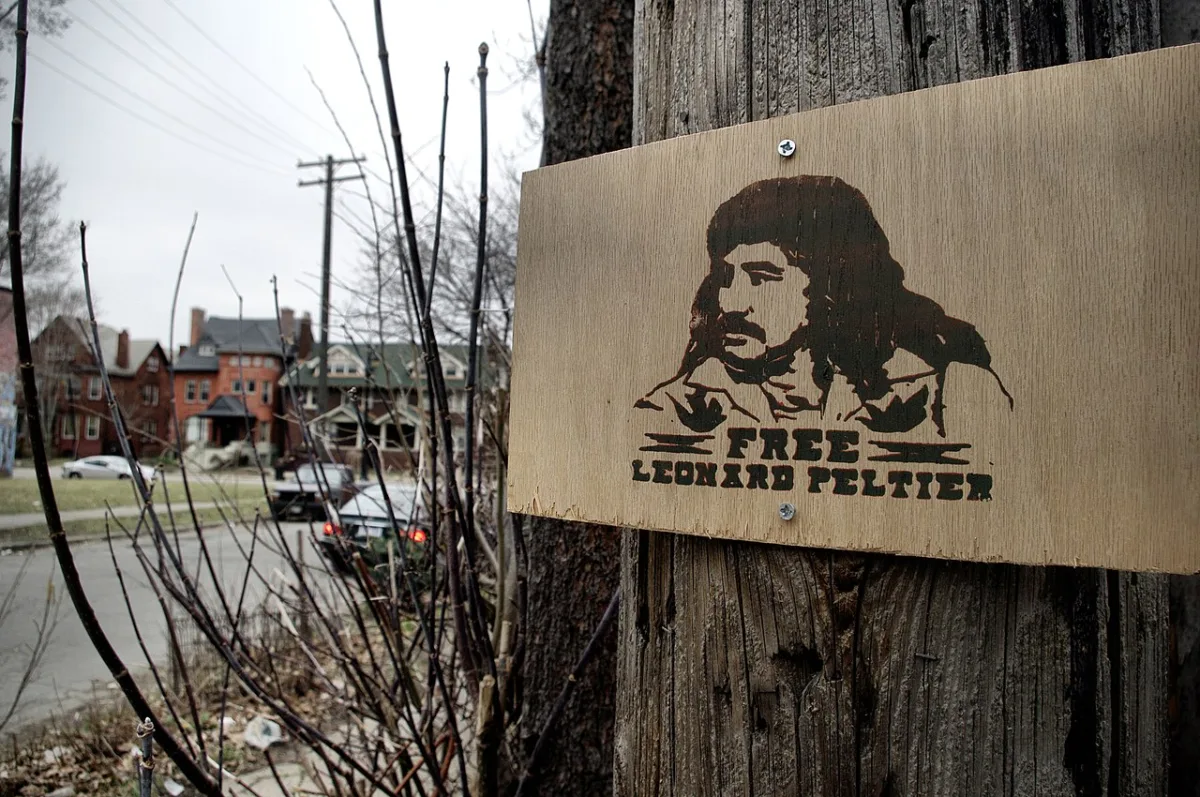
Freeing Leonard Peltier Would Be a First Step Towards Justice
President Biden should honor his self-professed belief in second chances by granting clemency to Peltier and others harmed by racist laws and mass incarceration.

The Murder of Robert Brooks Shines a Light on Abuse and Racism in New York Prisons
Brooks’s murder by prison guards epitomizes a deeply ingrained culture of brutality perpetuated by New York’s refusal to hold staff accountable.
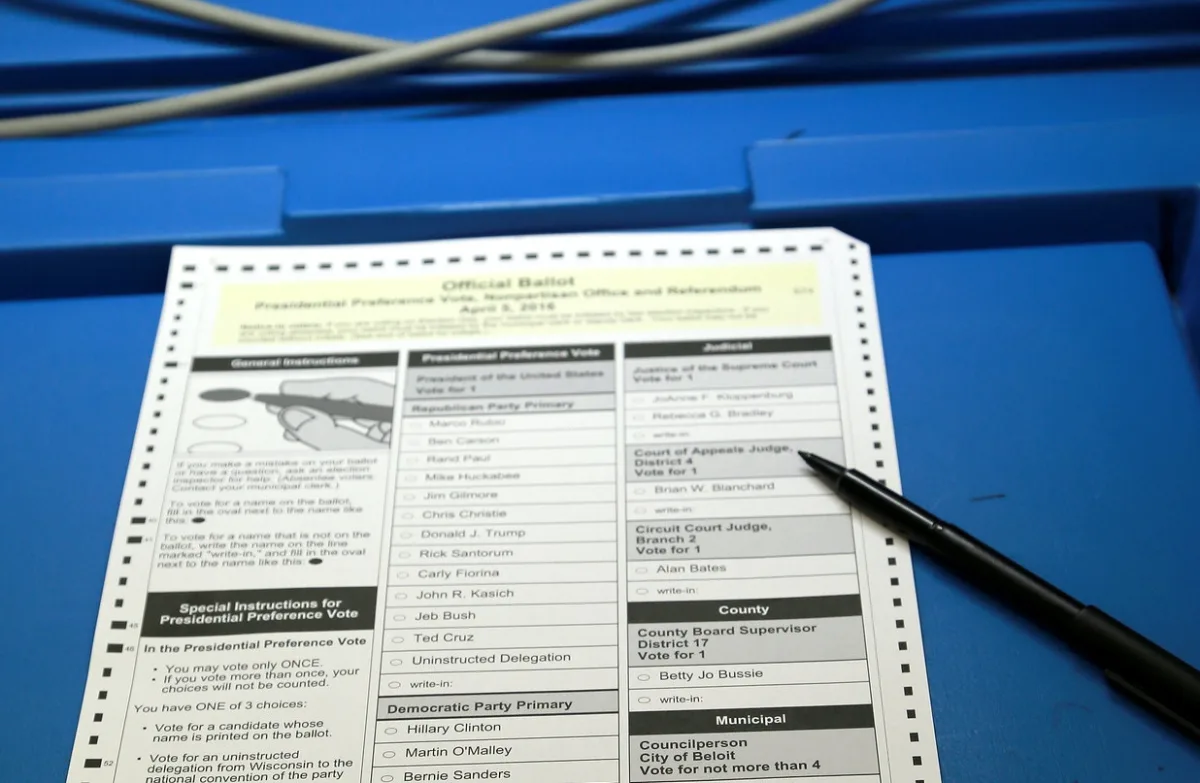
Our Voting Rights Have Been Restored. Here’s How We Can Use Our Power
Changes in state law mean that many more people with felony convictions will be voting in 2024 than in previous elections.
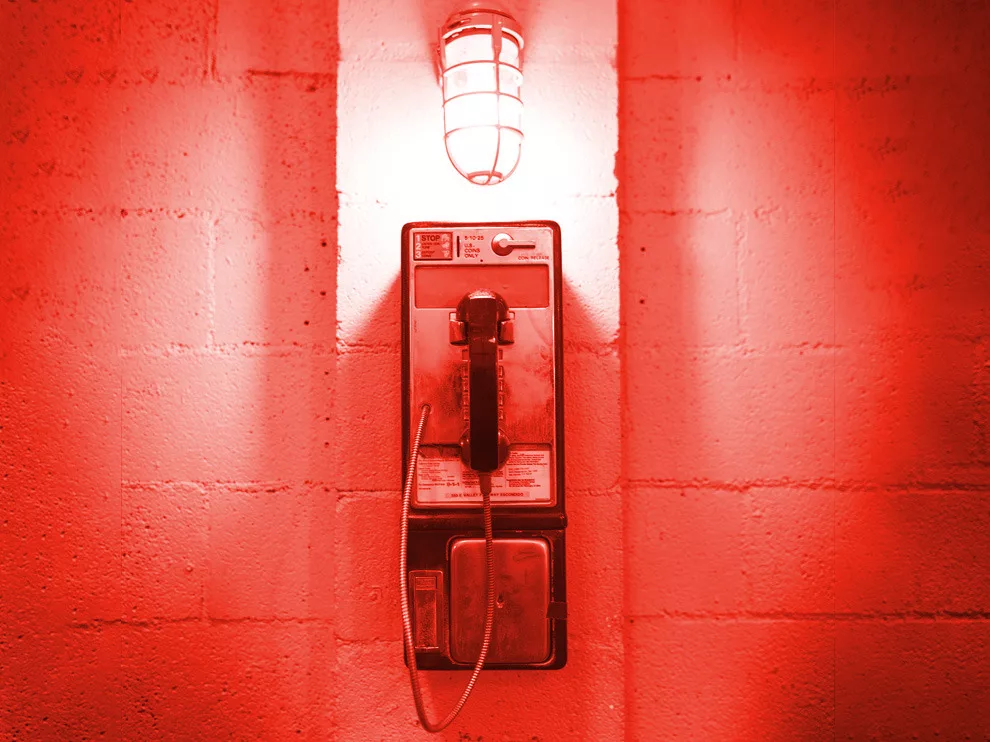
The Prison Telecom Free-For-All is Over
New rules from the Federal Communications Commission are putting the brakes on the prison telecom industry’s exploitative practices.
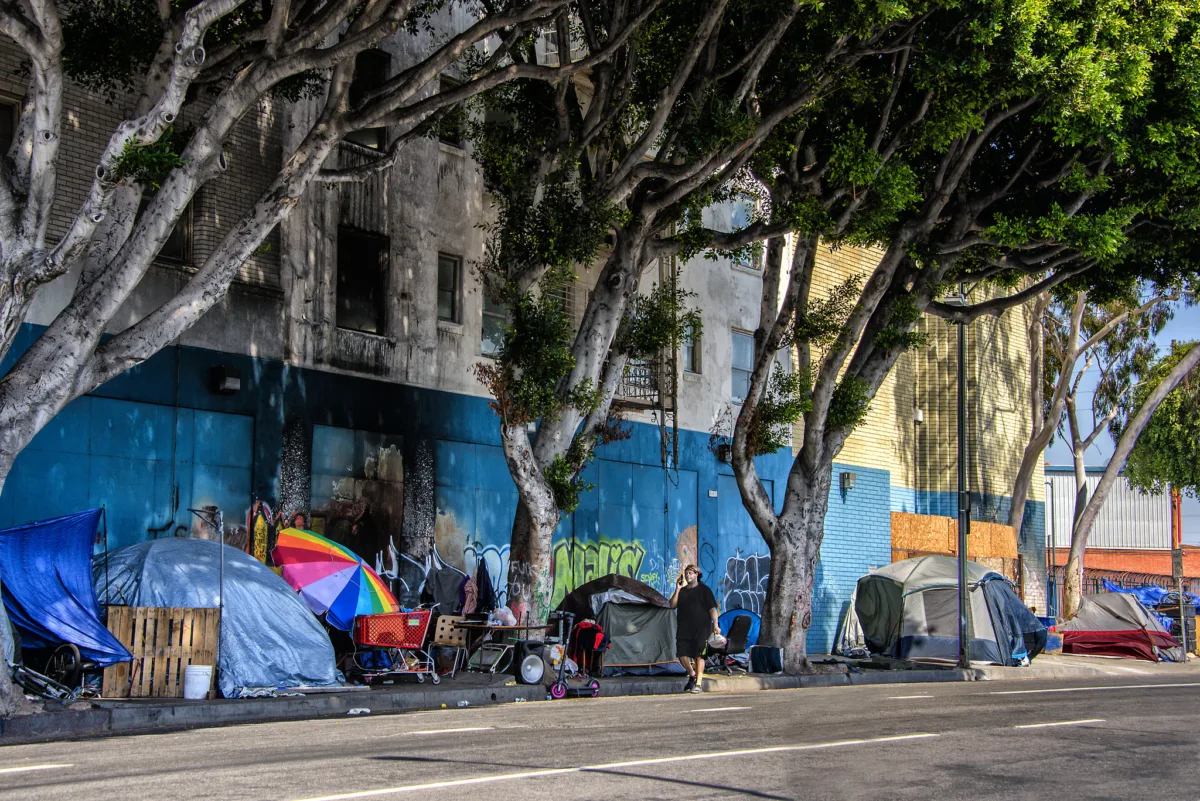
Police Can’t House Californians. Cash Can.
When we see police sweeping a homeless encampment, we must ask: How much did this cost? And what difference could that money have made if it went instead to housing—or, better yet, the people themselves?
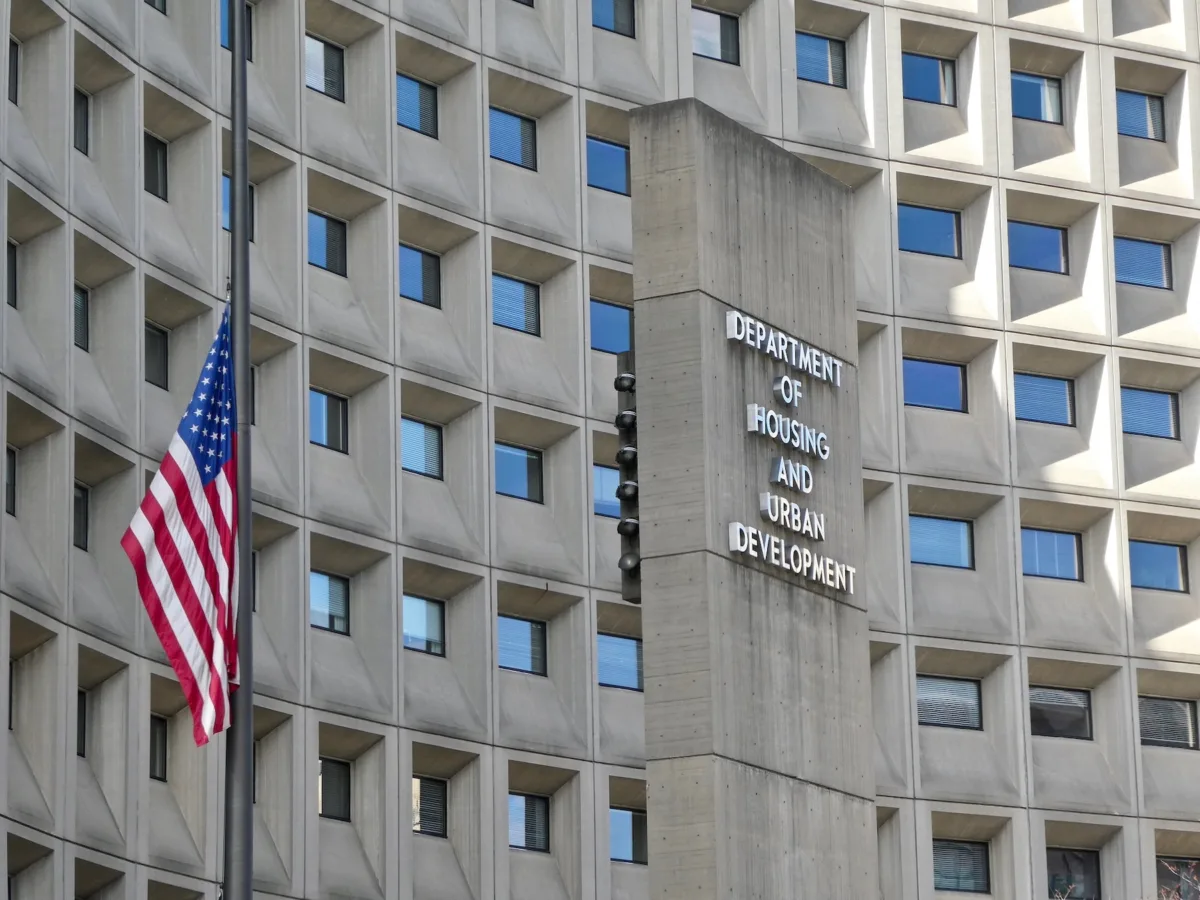
Biden Administration Boosts Fair Housing Access for People with Criminal Records
A proposed HUD rule change would stop federal housing providers from discriminating against many people harmed by mass incarceration and the war on drugs.
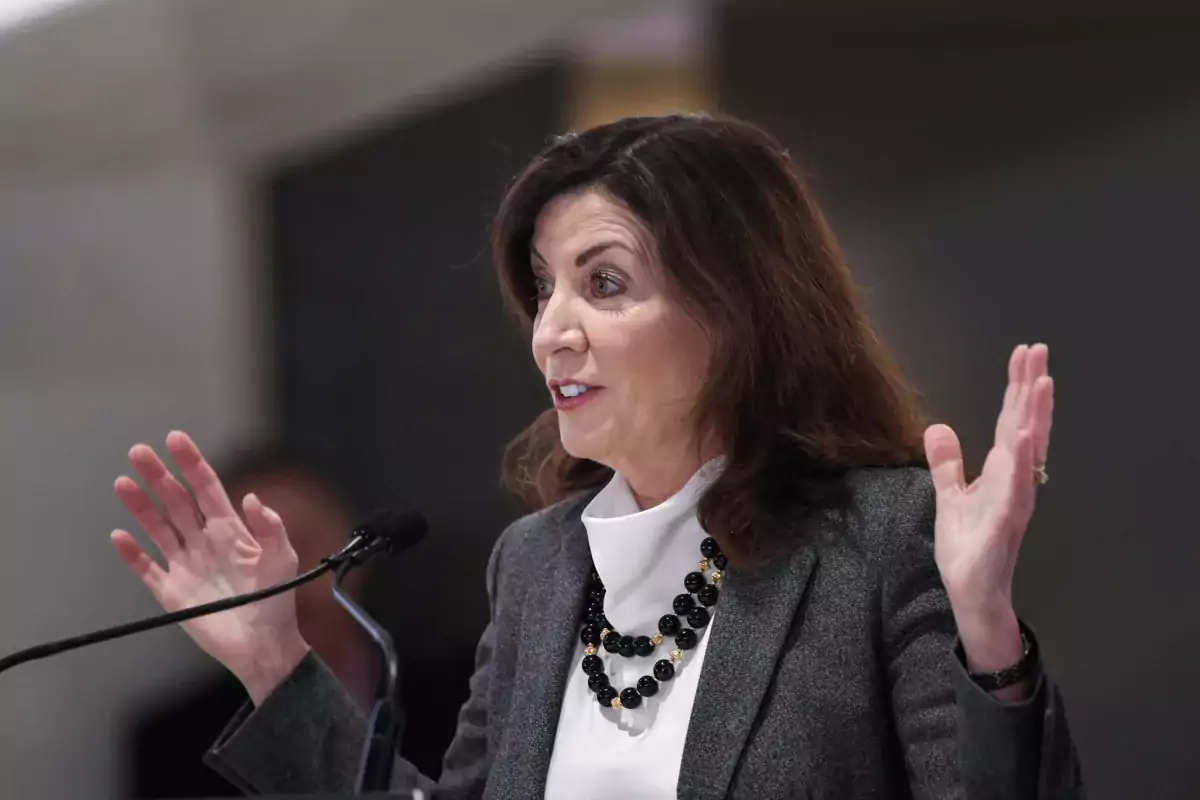
Governor Hochul Leaves New York’s Parole System in Crisis
The governor’s broken promises have perpetuated an unacceptable status quo that denies incarcerated individuals a fair and transparent process for parole decisions.
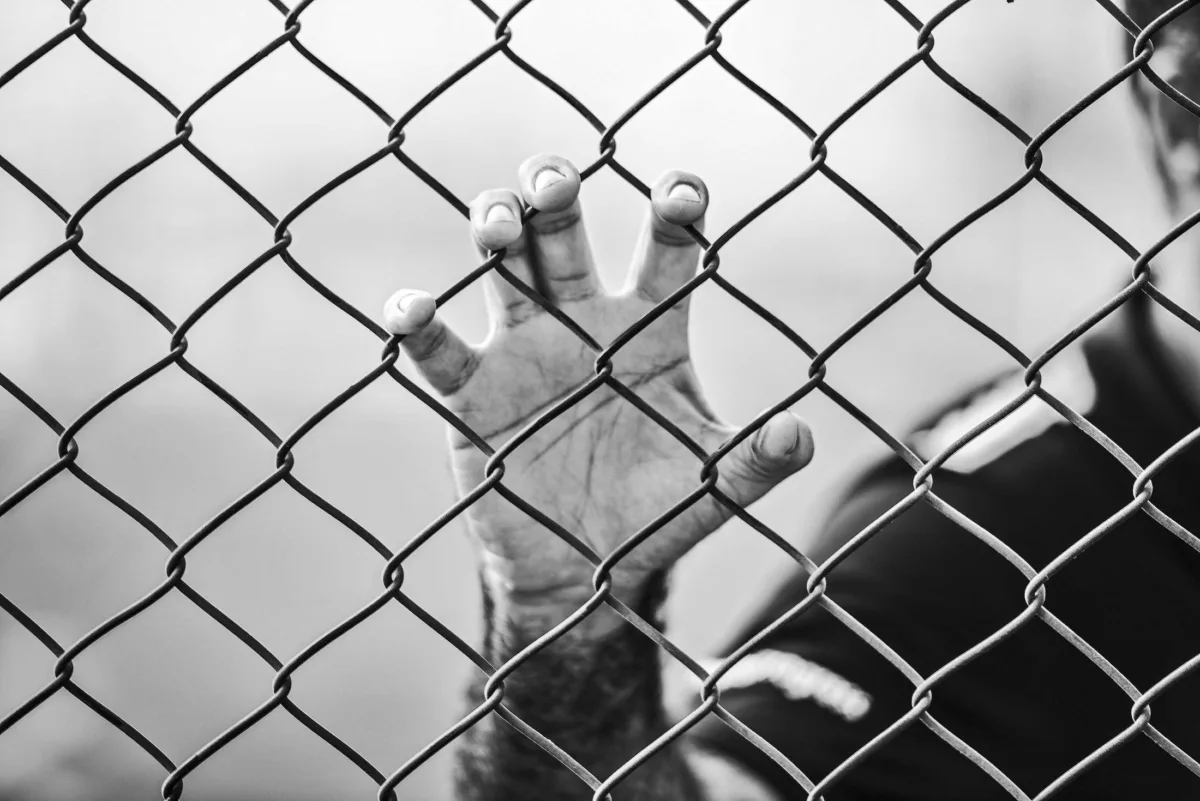
Our Fathers Were Sent to Prison and We Couldn’t Afford to Stay Connected
We are just two of millions of children who’ve experienced family separation due to incarceration and the obscene costs of prison communications. Now we fight to make these services free.
Politicians Push Failed ‘Tough-on-Crime’ Measures as Crime Rates Near Record Lows
The overall crime rate is nearly as low as it’s been in decades, but that hasn’t stopped officials from pushing draconian measures likely only to fuel mass incarceration and harm public safety. It’s time for a different approach.
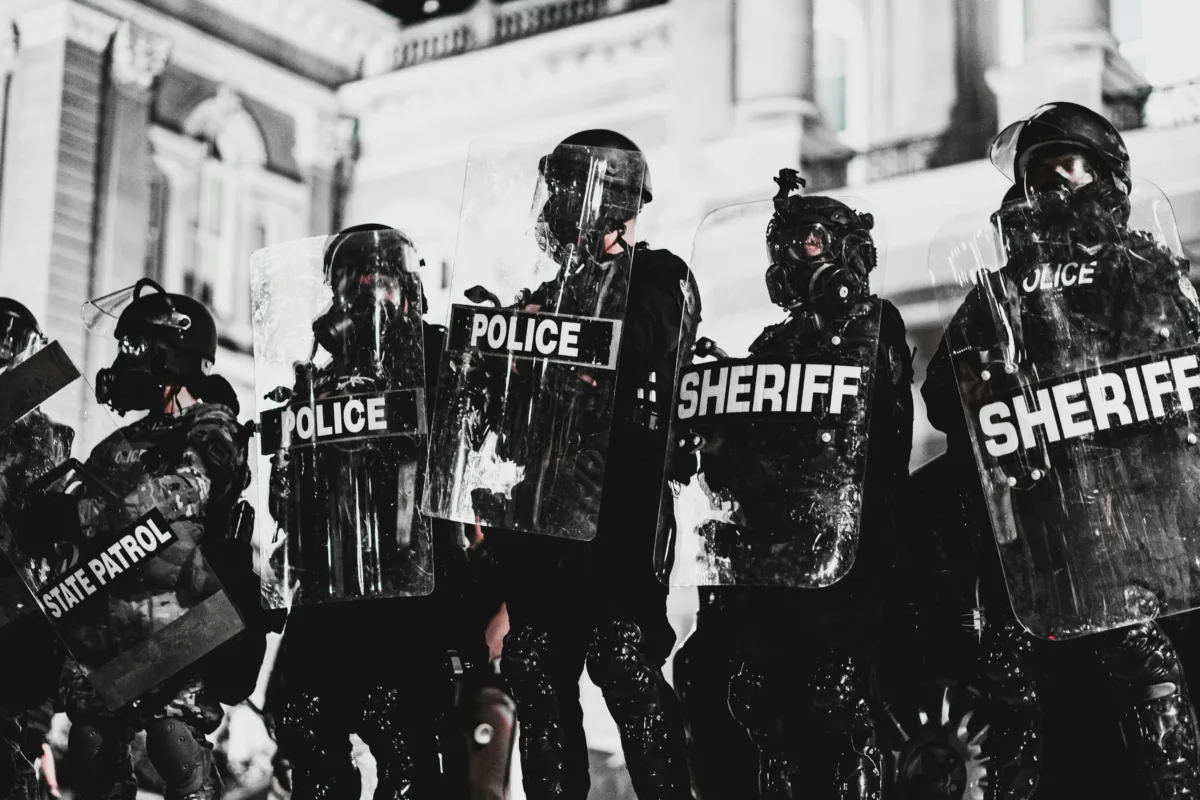
Police Blame Accountability for Low Recruitment. But It’s Their Only Hope.
Studies show “negative public perceptions” of police contribute to low recruitment. Stripping away police oversight will only lead to more bad press for cops.
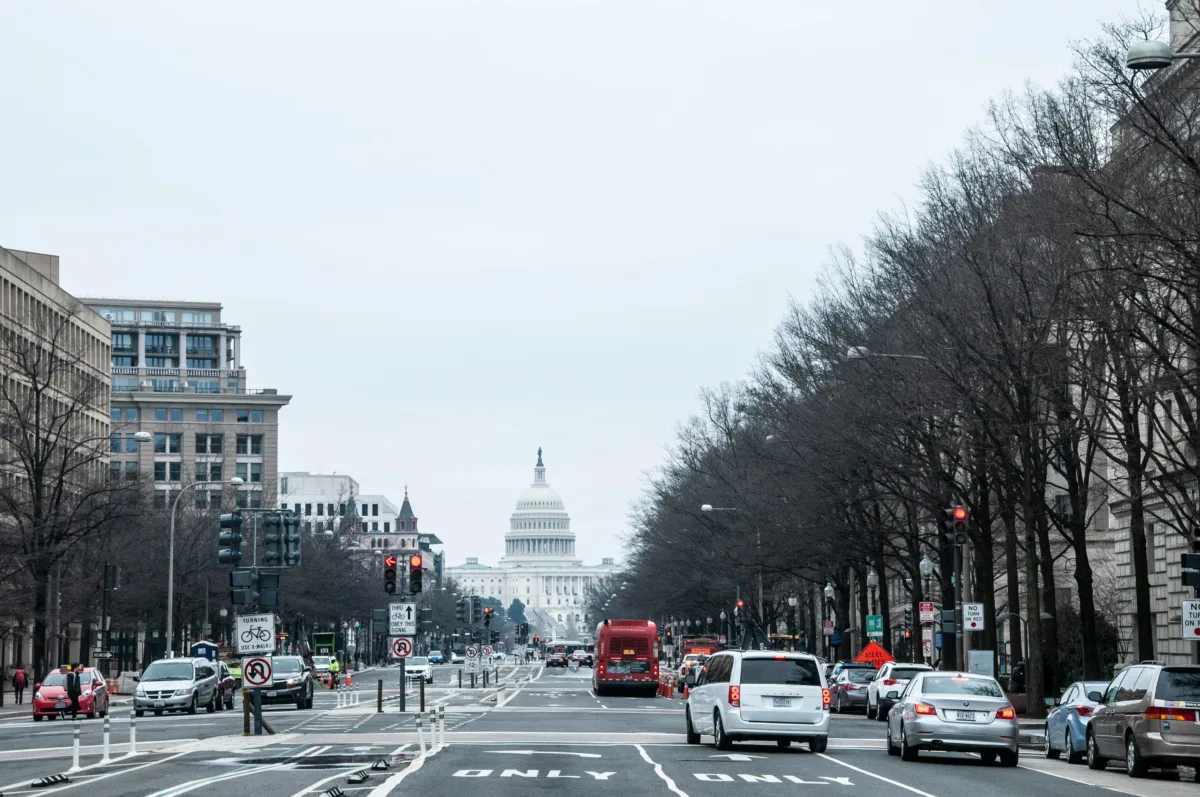
D.C.’s Misguided Crime Bill Delivers for Law Enforcement, Not the Community
The recently enacted Secure D.C. bill ignores demands from District residents while giving handouts to an unelected prosecutor desperate to consolidate power.

How Corporations Enable Property Crime—And Use it to Fuel a Self-Serving Panic
Upon closer examination, many of the most widely covered property crime phenomena can be better understood as the predictable result of a callous corporate push for profits.
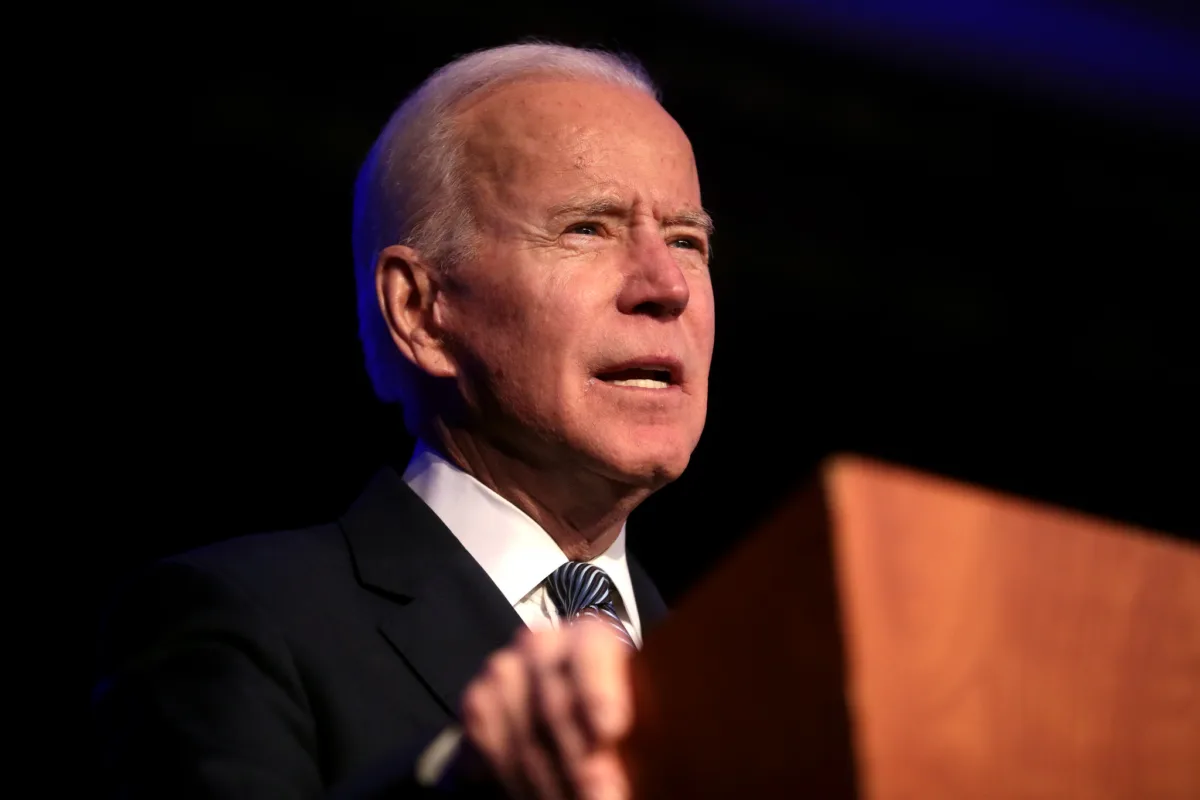
Biden’s Cannabis Pardons Made Progress. A Federal Expungement Statute Would Go Further.
President Biden has pardoned thousands of people for cannabis-related offenses. But to truly give people “second chances,” he should push Congress to erase peoples’ marijuana-related criminal records entirely.
Incarcerated People Need AC to Combat Extreme Heat. New Climate Funding Could Help.
In total, 44 states lack universal air conditioning requirements in their prisons. A new federal program called the Greenhouse Gas Reduction Fund could help catalyze action.
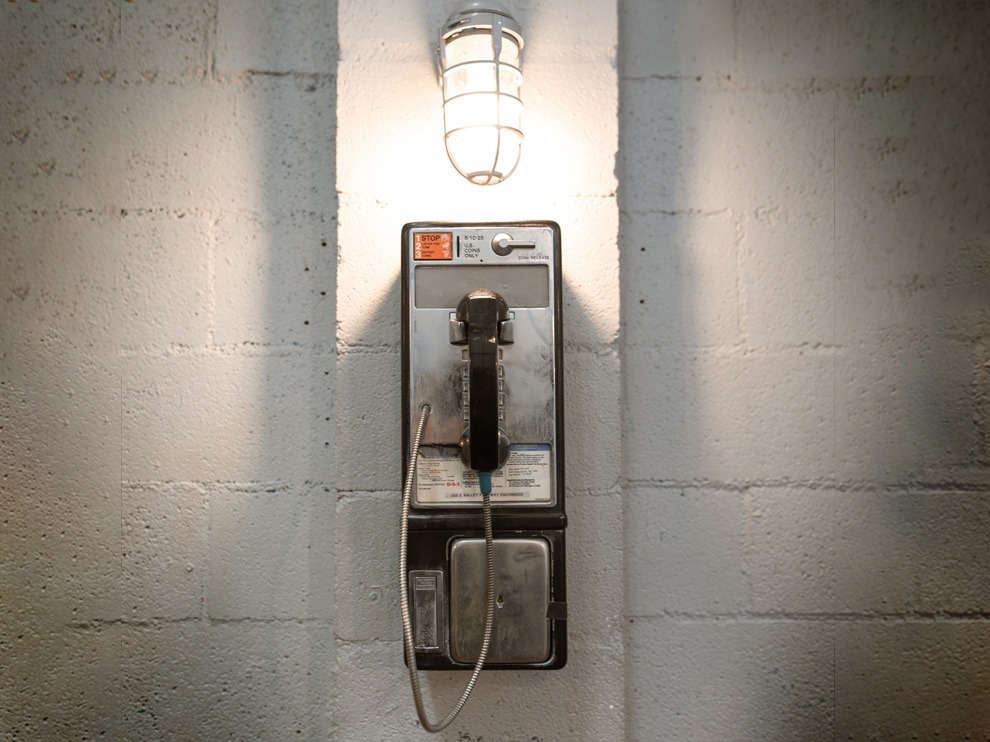
The Slow Death of a Prison Profiteer: How Activism Brought Securus to the Brink
On the hook to repay $1.3 billion of debt this year, the nation’s largest prison telecom company, Securus, is on the verge of bankruptcy. Its failure would represent a remarkable victory for advocates—and a potential beginning of the end for the industry as we know it.
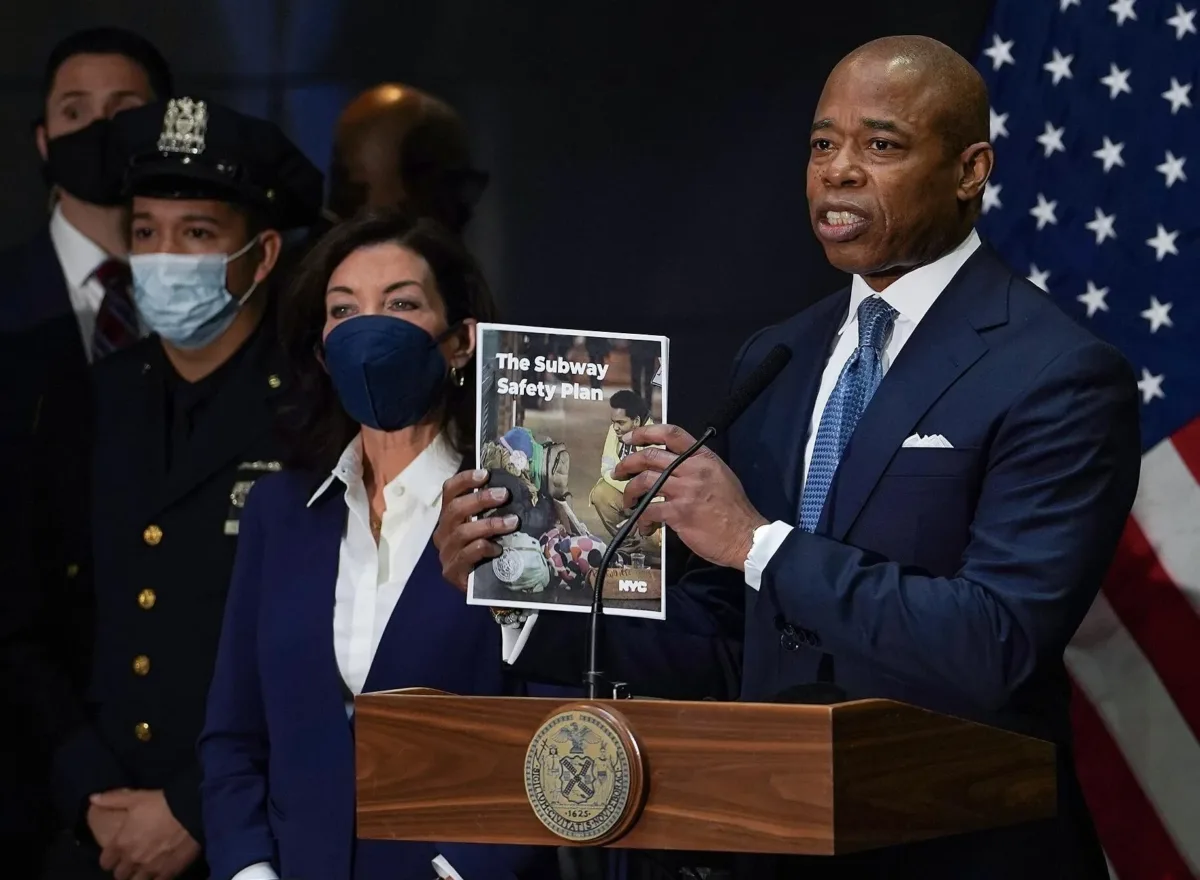
Ask The Appeal: Why Do Americans Think the U.S. is Too ‘Soft’ on Crime?
According to (admittedly flawed) FBI data, the U.S. is about as safe as it’s ever been. So why is tough-on-crime rhetoric on the rise?

Why PA Gov. Josh Shapiro Should Pardon Lorenzo Johnson
Lorenzo Johnson, a former boxer, quoted Muhammad Ali in his fight against his wrongful conviction. After reading Johnson’s writing, one of Ali’s children, Khaila, demands that Pennsylvania’s governor clear Johnson’s name.
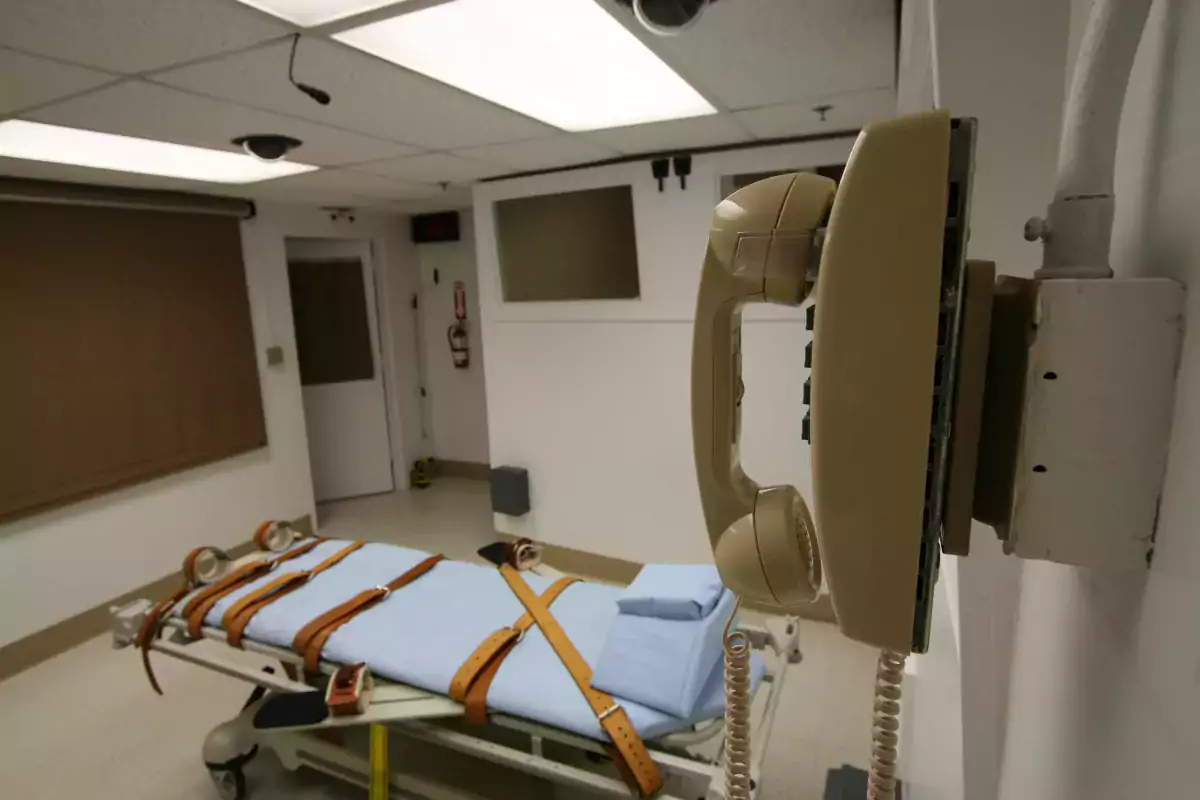
I’m a Spiritual Advisor for Condemned Men. Alabama’s Next Execution Could Kill Me, Too.
Alabama plans to execute Kenneth Smith next month by suffocating him with nitrogen. But the new method is untested—since I’m supposed to be in the room with Kenny when he dies, the state has warned me I might die too.

Low-Quality Schools Are a Double Punishment for Youth in Prison
Poor educational opportunities in youth prisons lead to reduced earnings and increased unemployment later in life.
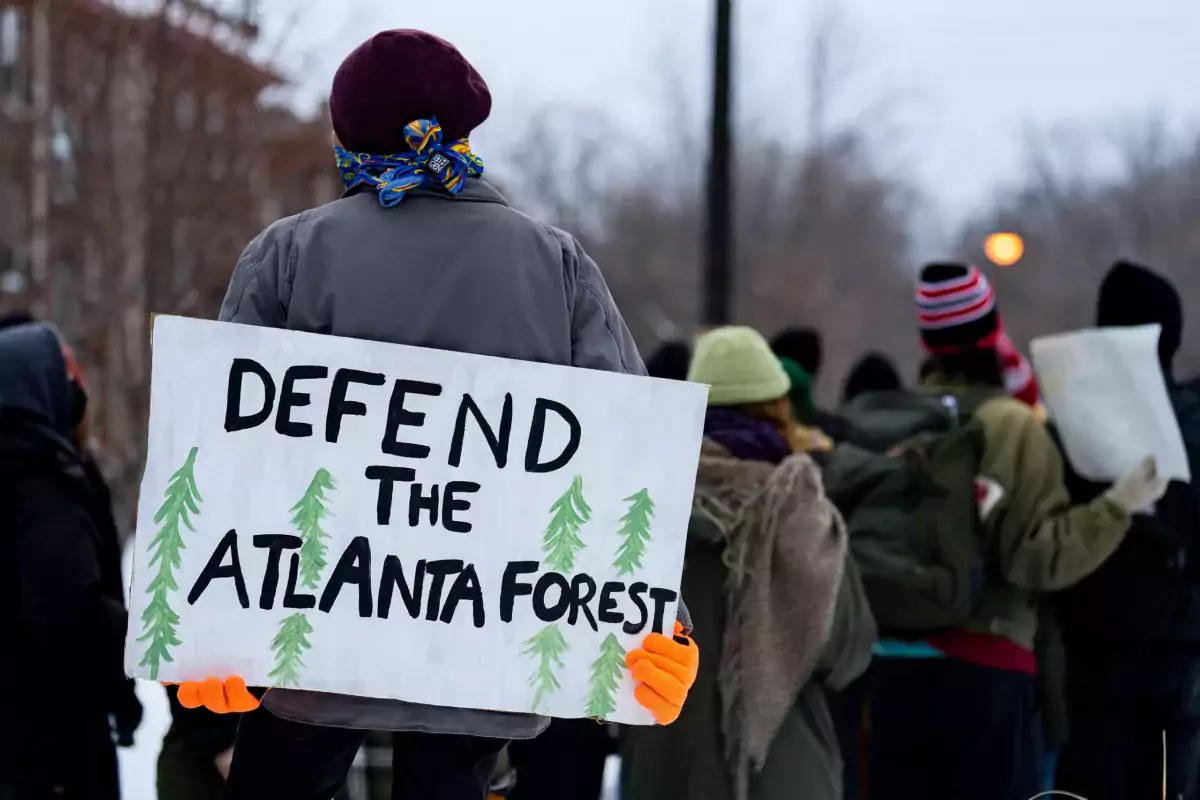
The Mass ‘Cop City’ Arraignments Were an Absurd Circus
Georgia prosecutors have launched a first-of-its-kind racketeering case against 61 people, ranging from visitors arrested at a music festival to bail fund organizers. The mass-arraignment on November 6 showed just how much of an insane, unconscionable mess the case really is.
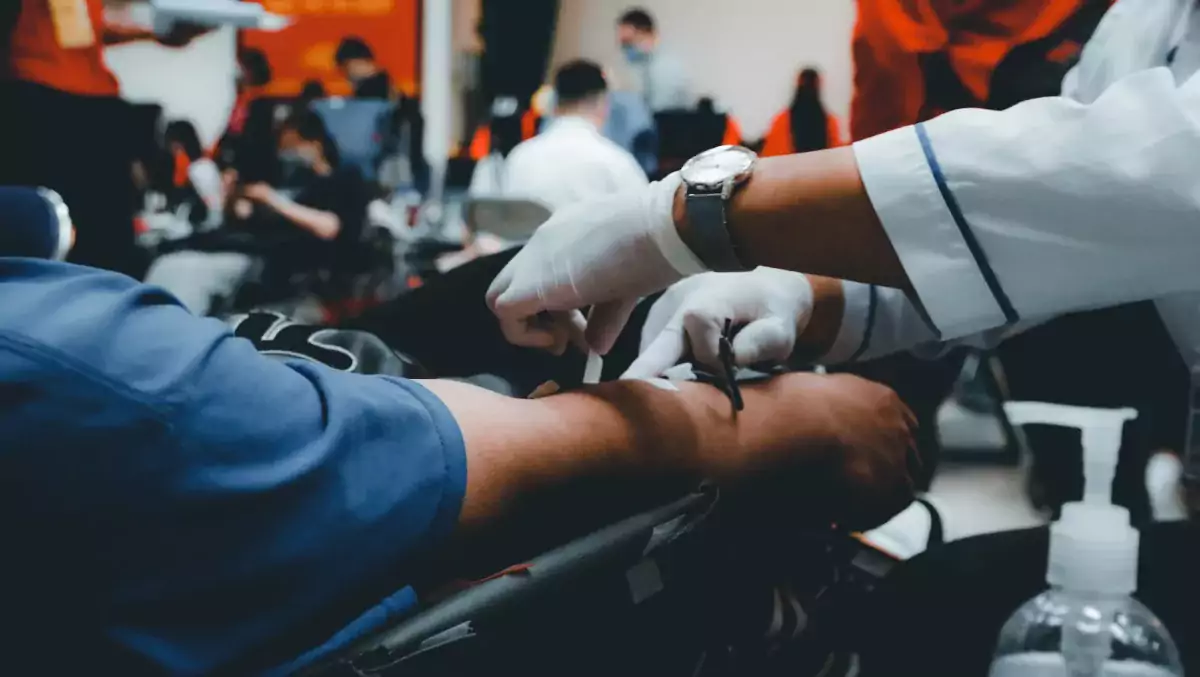
A New Medicaid Program Could Dramatically Improve Healthcare for Imprisoned People—If States Use It
States can now use federal funds to ensure that people leaving prison have access to healthcare. But states first need to apply to join the program.
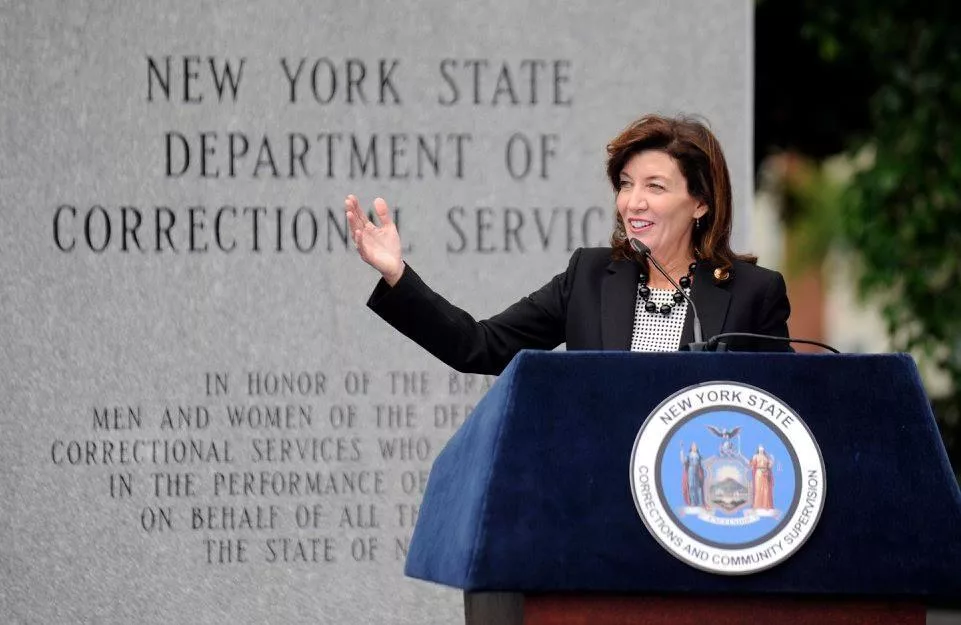
Why New York’s State Prisons Need Independent Oversight
In response to systemic abuse, neglect, and secrecy inside New York prisons, state legislators Julia Salazar and Danny O’Donnell have introduced a bill to establish a state Office of the Correctional Ombudsman to investigate and report on correctional facilities.
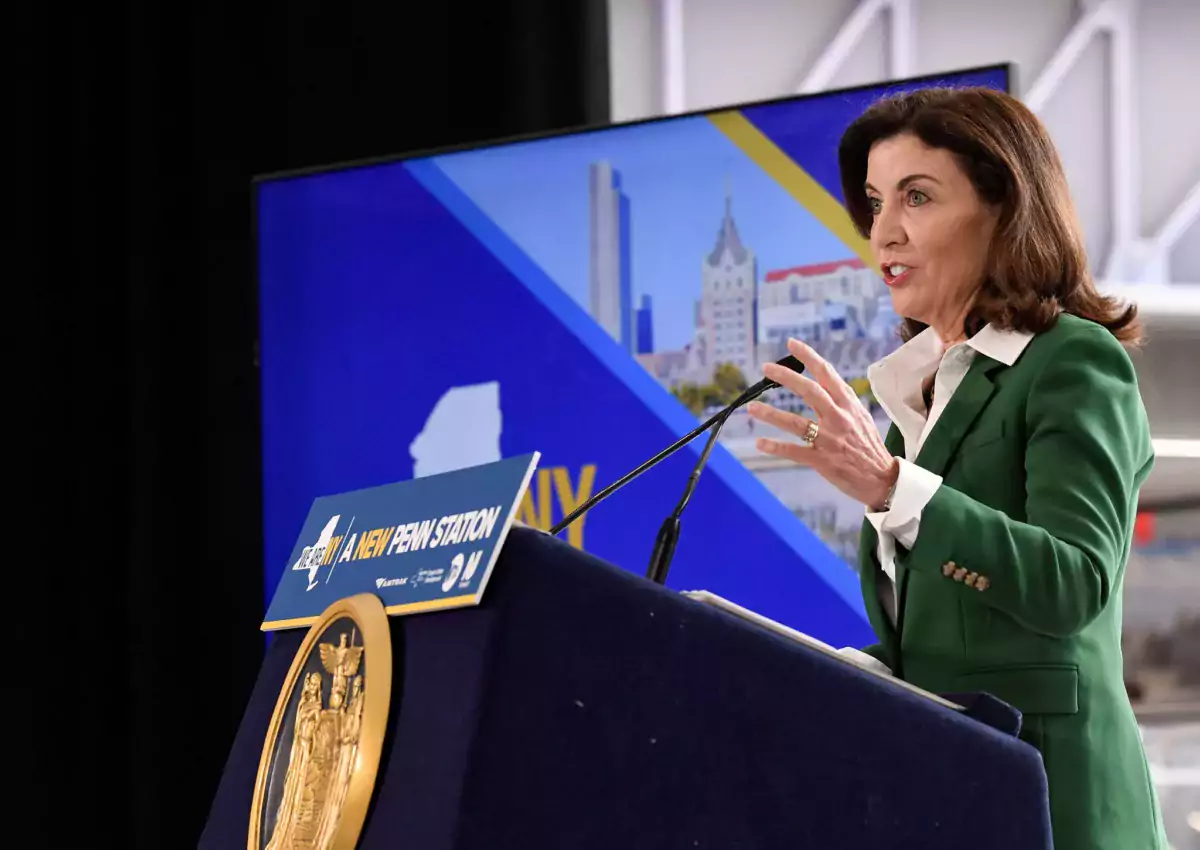
New York Can Stand up for the Wrongfully Convicted—and Against Clarence Thomas
By signing the Challenging Wrongful Convictions Act into law, Governor Kathy Hochul can set a model of good policy for other progressive states seeking to serve as a bulwark against the conservative Supreme Court.

My Son Died in LA County Custody. Months Later, His Death Hasn’t Been Counted.
A controversial death in Los Angeles this year underscores the broader failure of law enforcement agencies to keep accurate data on people who die in their custody.
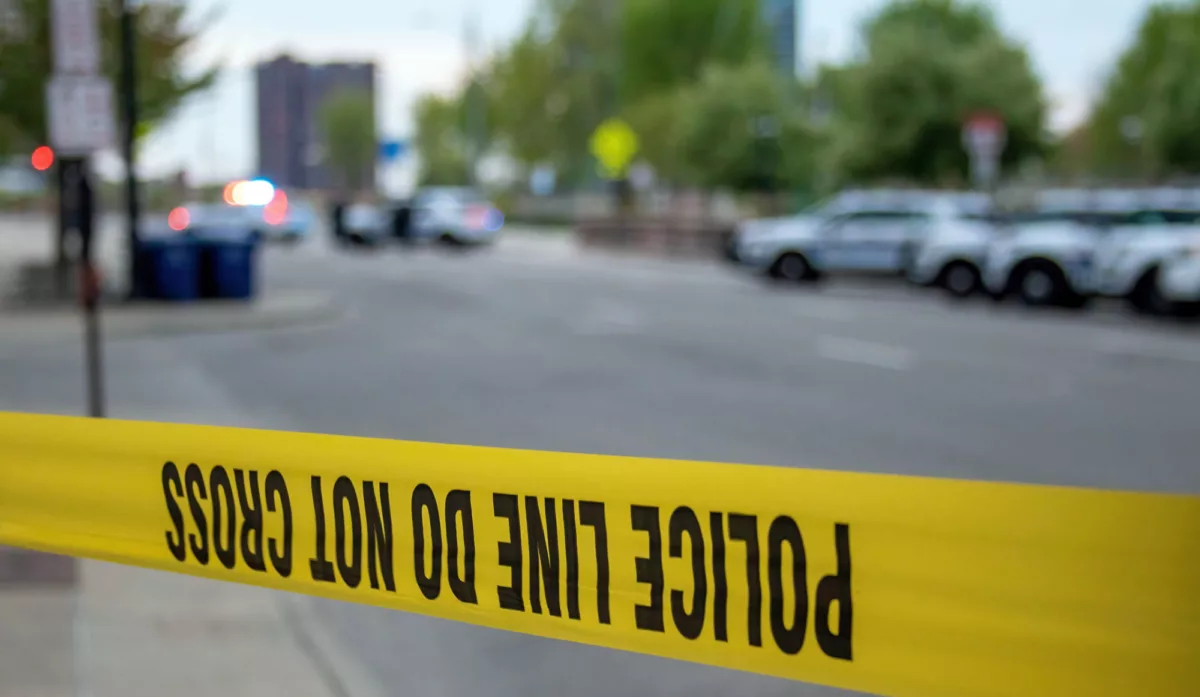
I Was the Victim of a Crime. Then the System Left Me to Fend for Myself.
After a carjacking, I had to navigate a chaotic patchwork of resources in search of support. To heal, I would take recovery into my own hands.
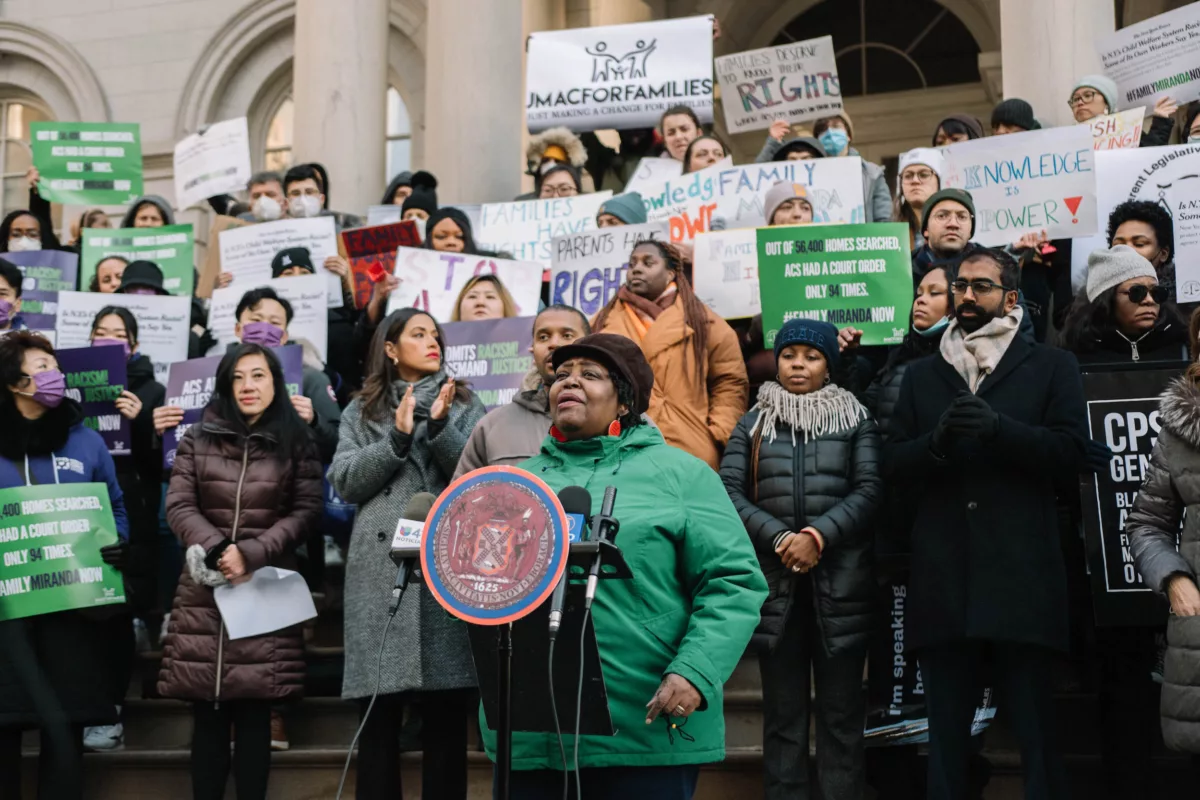
Family Caseworkers Are Like Cops, But They Don’t Tell Parents Their Rights
New York families are organizing to require caseworkers to give parents a Miranda-like warning informing them of their rights in so-called “child welfare” investigations.
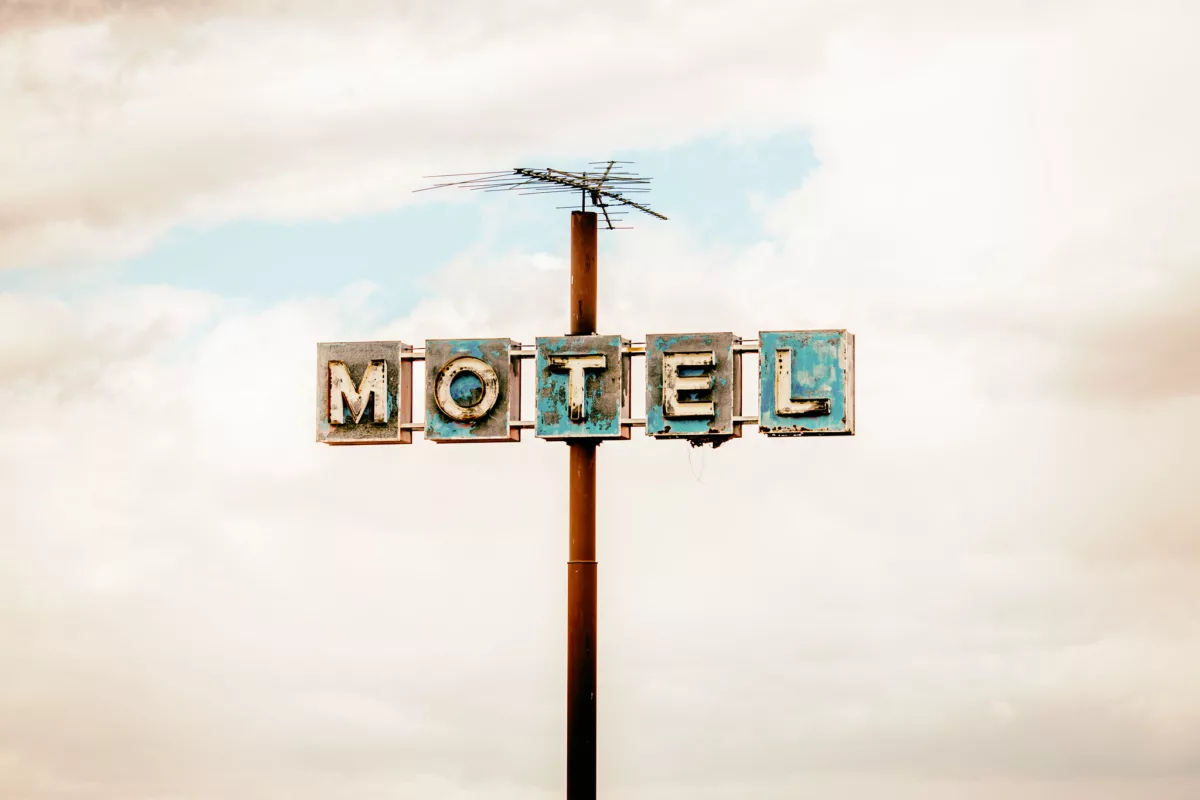
How Parole Conditions Trapped Me in Homelessness
The severe restrictions I face while on supervision effectively serve as a ban on stable housing. The terms of this arrangement have left me technically homeless, forced to live in a motel.
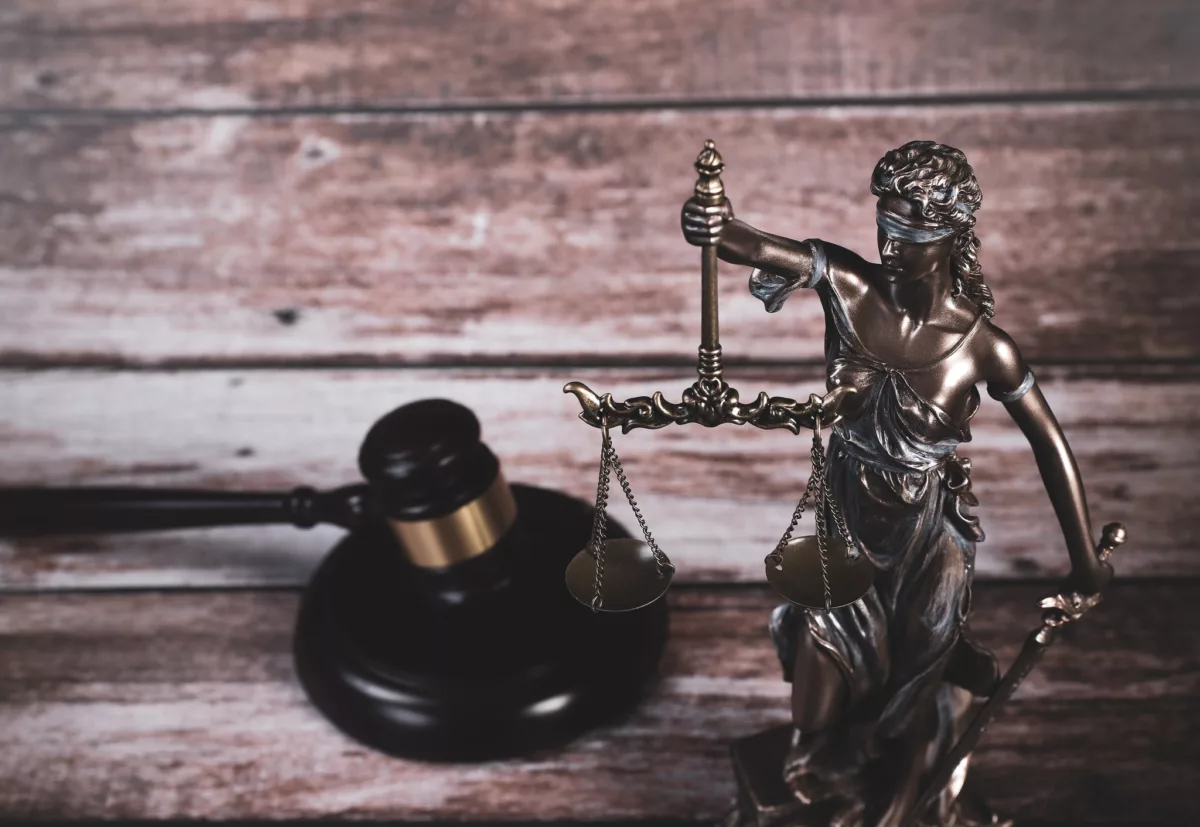
Life in Prison for a Killing He Didn’t Cause or Condone
In Illinois alone, around 500 people are currently serving first-degree felony murder sentences for killings they did not commit themselves or intend to commit. Reform efforts must consider past injustices as well as future abuses.

To Help Crime Victims, Stop the Cycle of Trauma
Our legal system focuses on punishing those who cause harm without considering what victims need, a former prosecutor writes.
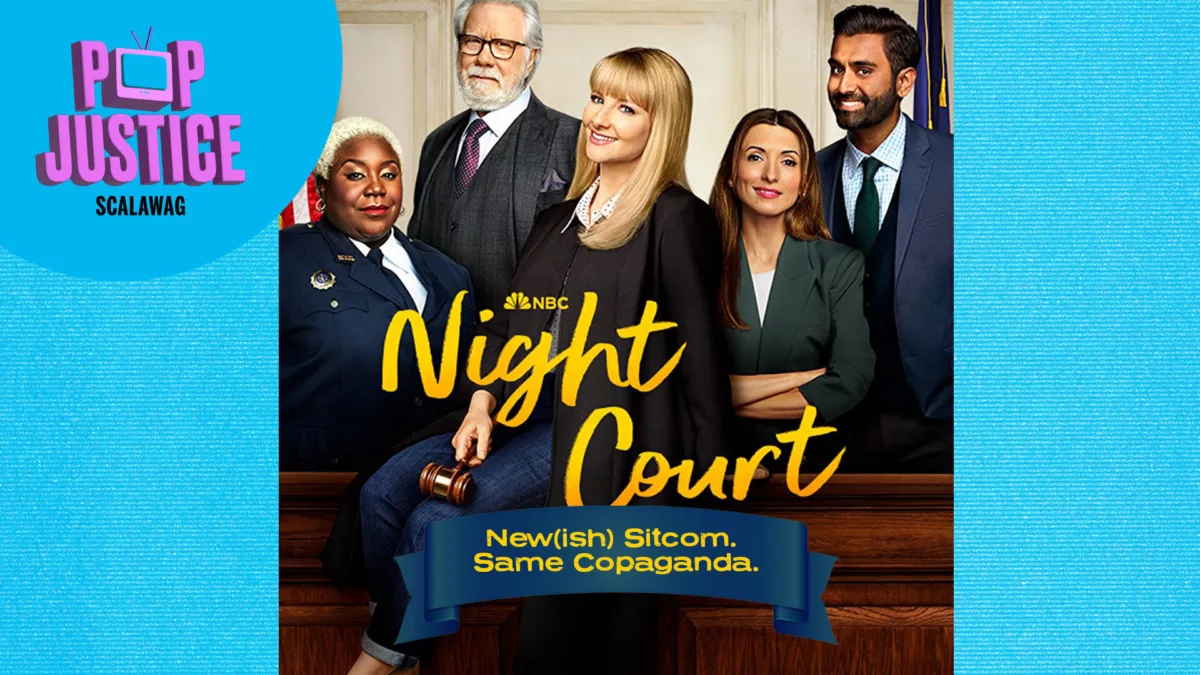
Night Court: New(ish) Sitcom, Same Copaganda
A criminal-legal reporter ventures into Night Court—the cringy sitcom reboot and the real courtroom in Manhattan.
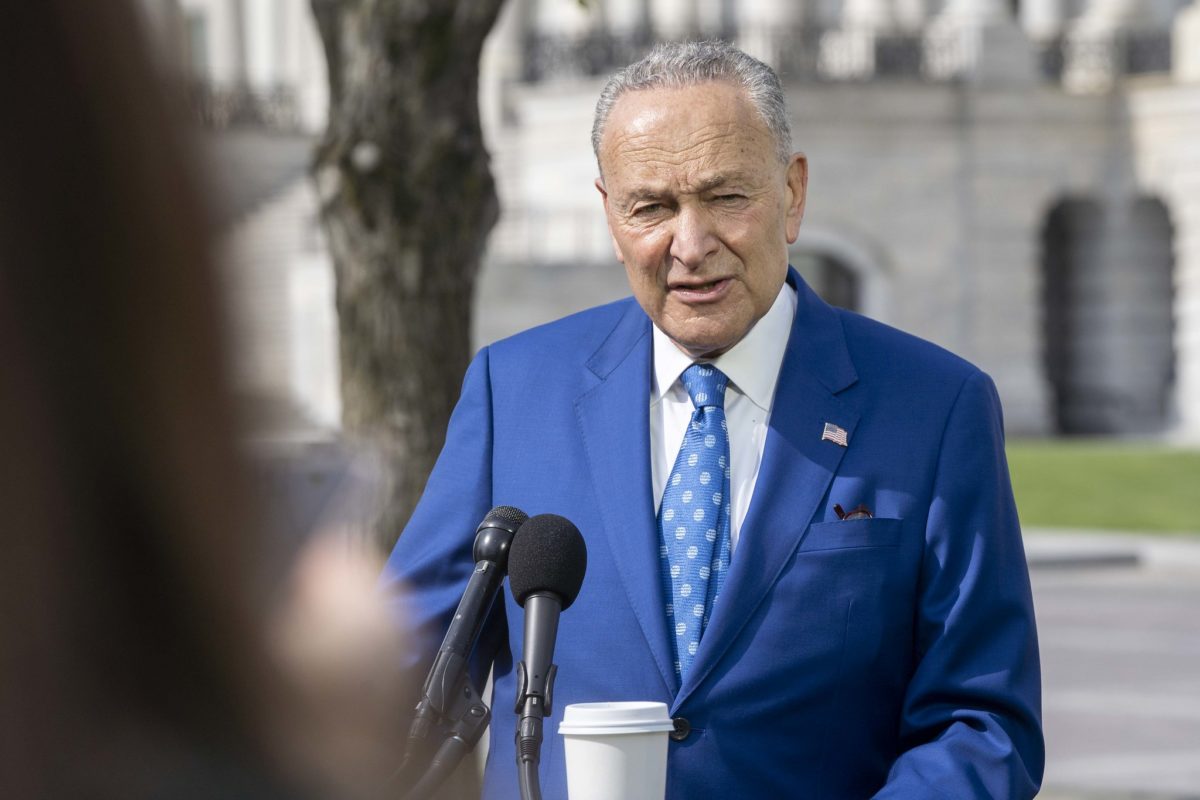
More Money to Police ‘Hate Crimes’ Won’t Stop Mass Shooters
New “domestic terror” laws will do little to stop gun violence in America, but may pacify suburban white voters.
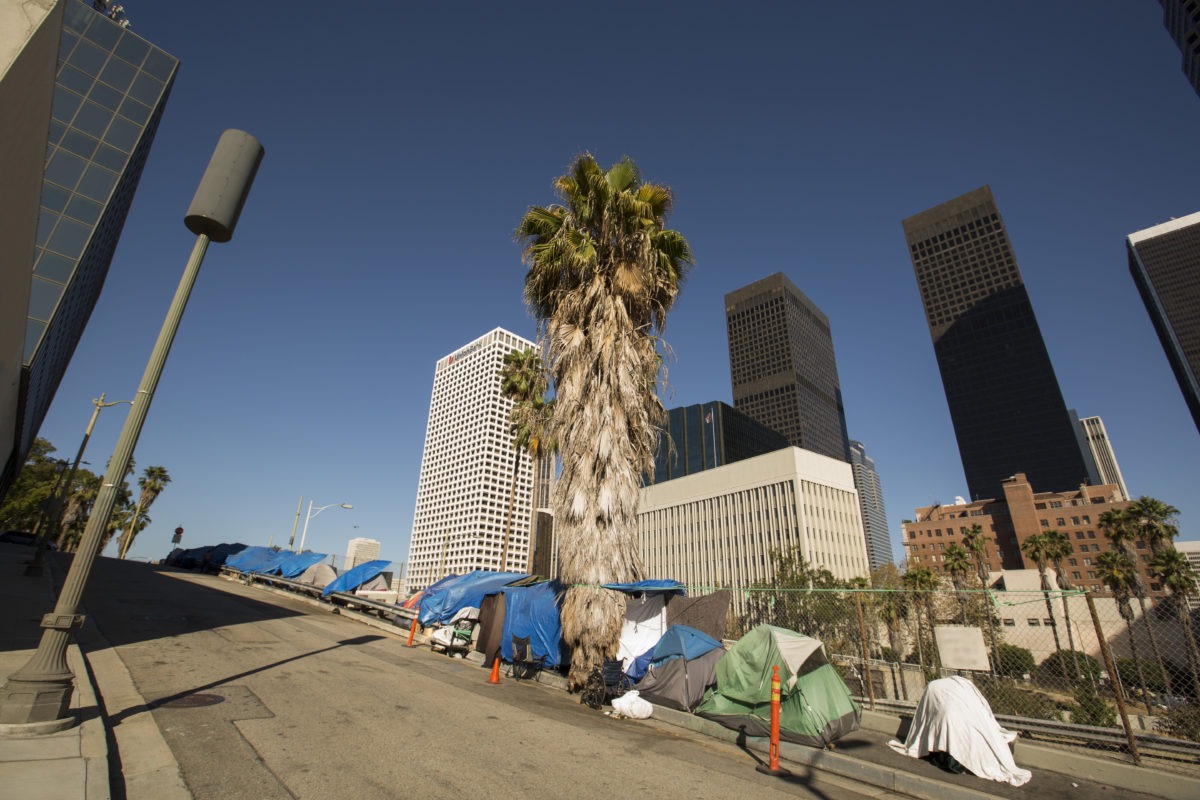
How Los Angeles Created the Playbook for a Nationwide War on the Unhoused
As politicians look to build public support for homeless encampment sweeps, they’re using tactics popularized in LA—the site of one of the nation’s most intense battles over the unhoused.
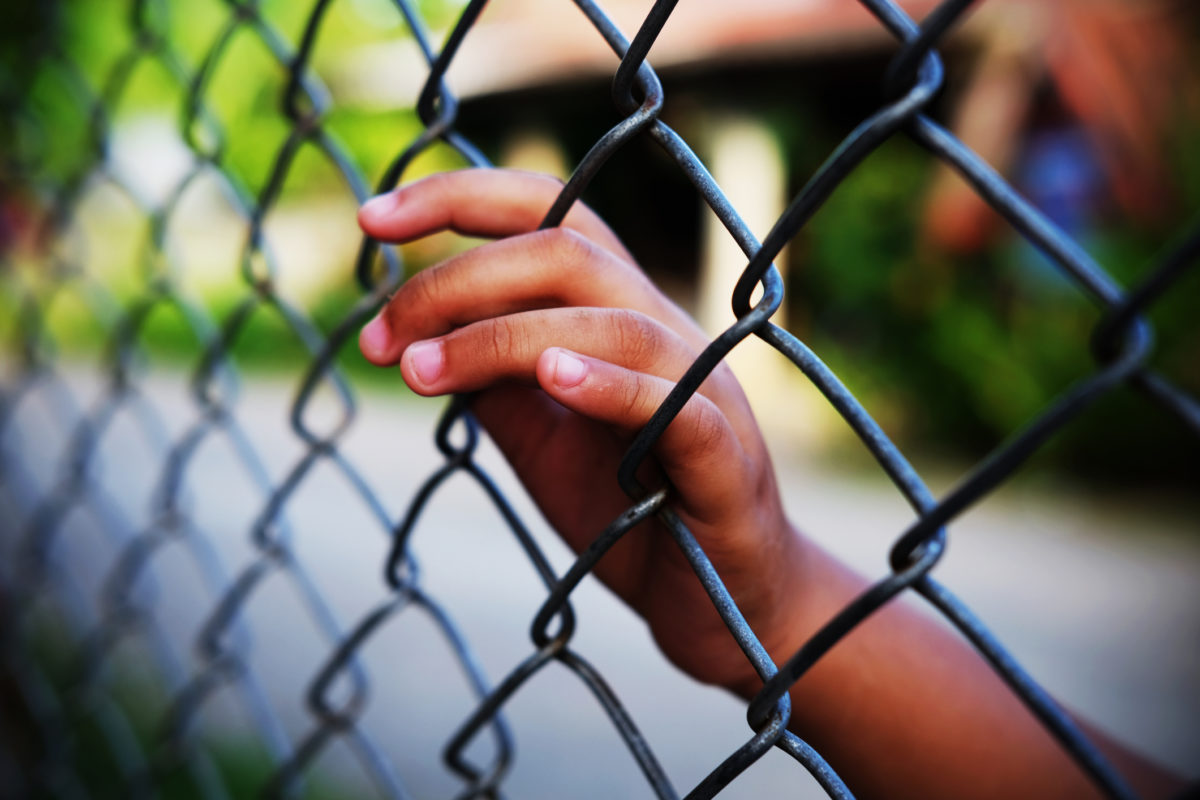
Can We Imagine a World Without Institutionalized Kids?
The U.S. must close its congregate care facilities and fully fund community-based alternatives for kids with mental-health issues.
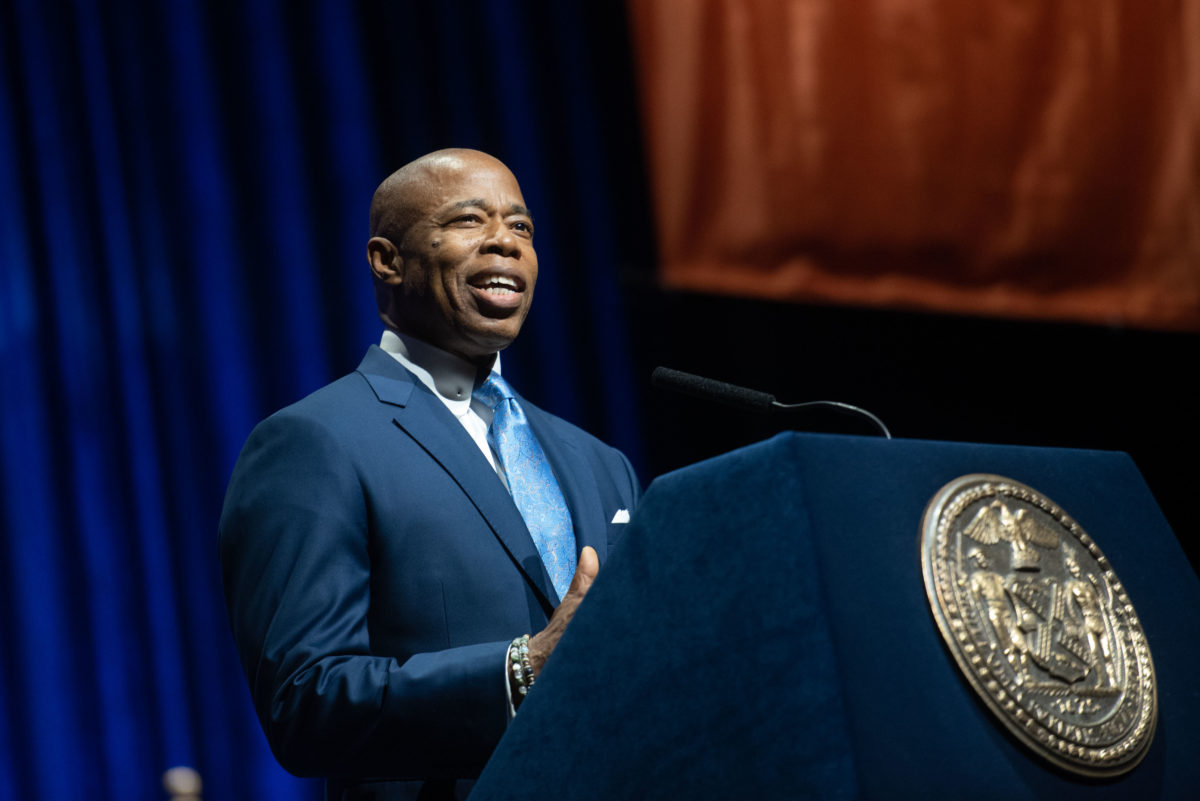
It’s Time to Take a Clearer Look at Bail Reform
In the raucous debate over bail reform, simple facts have fallen out of sight.
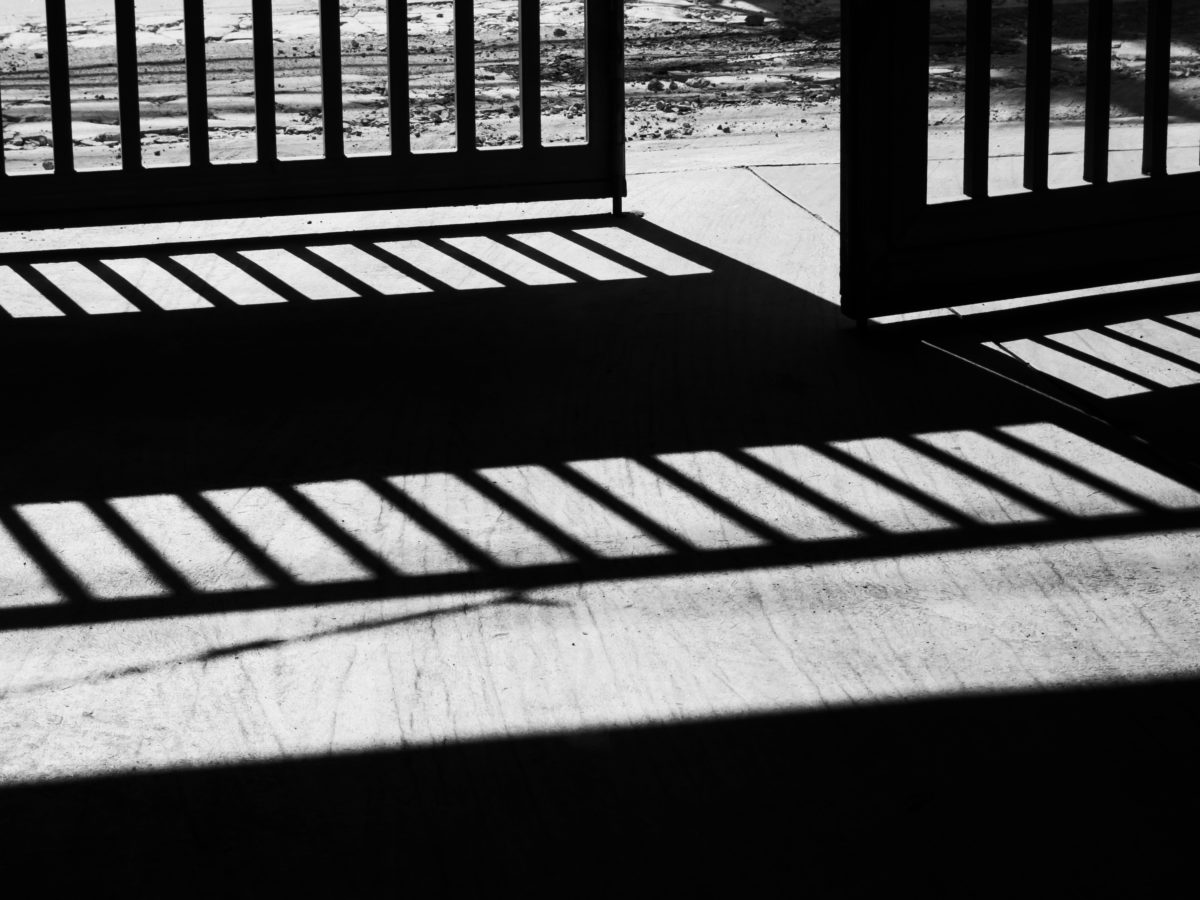
‘Reborn Into A Strange New World’: A Trans Woman Prepares For Release After 18 Years In Men’s Prison
An incarcerated writer reflects on what her “going home” story will look like when home no longer exists.
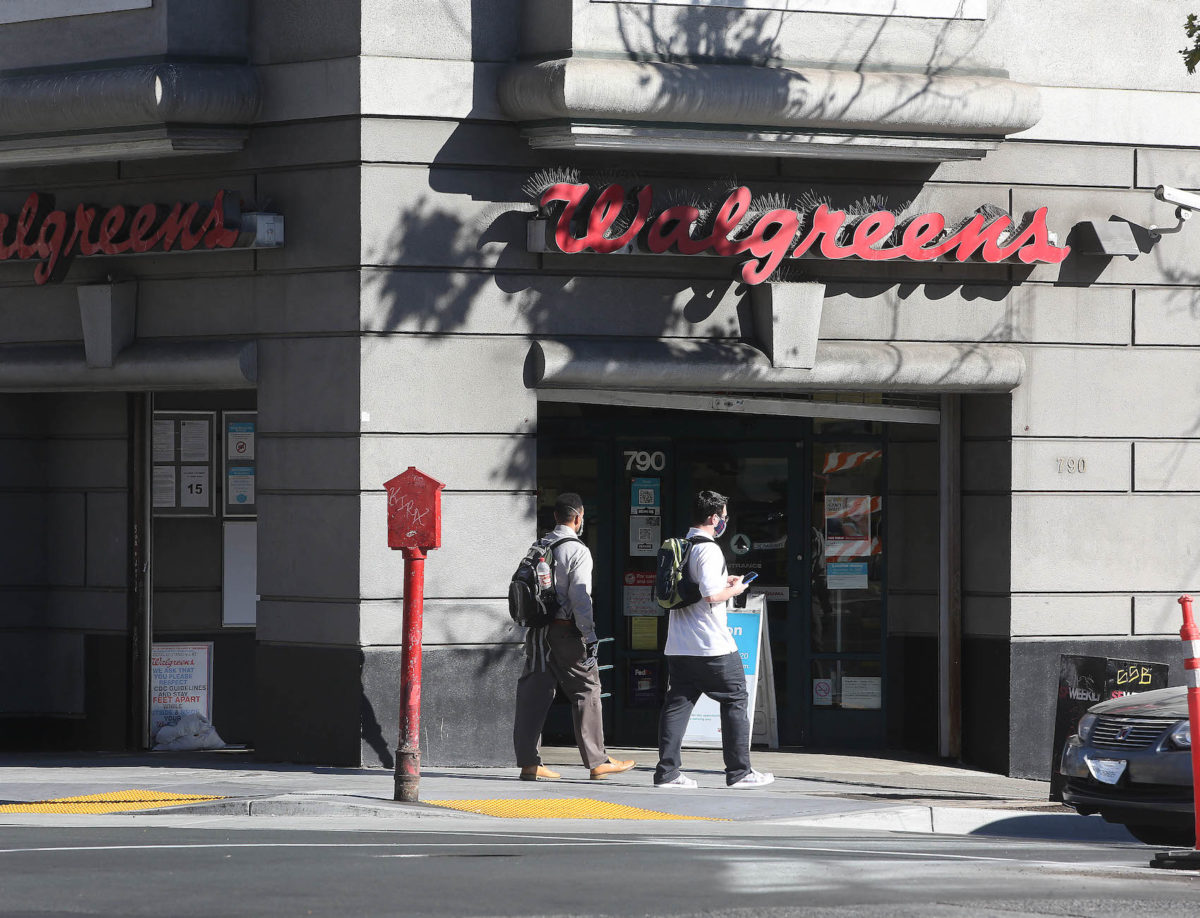
The Dishonest Blame Game of Retail Store Closures and Crime
Reporters who parrot corporate claims of out-of-control theft play into a narrative that benefits big business and perpetuates carceral policies.
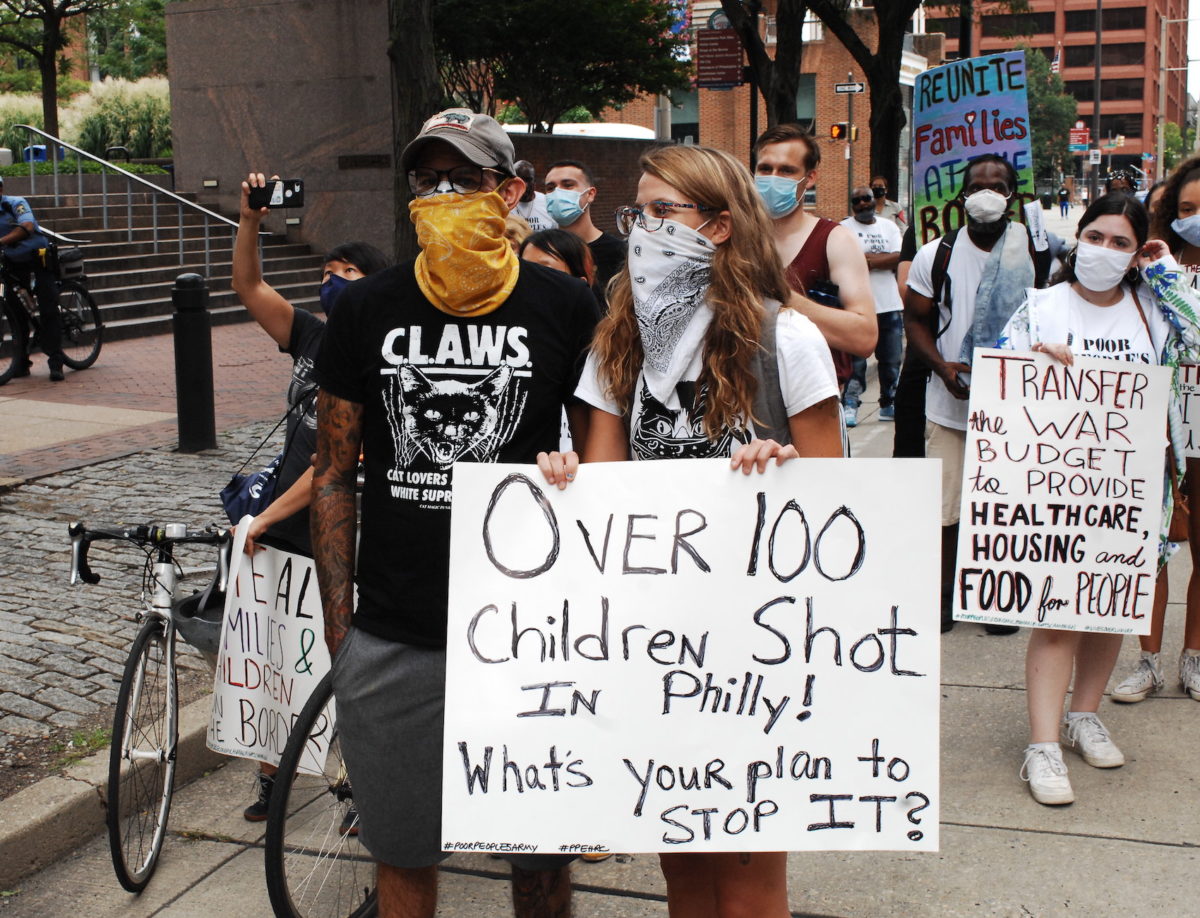
Philadelphia Police Aren’t Solving Crimes. It’s Time to Divert Their Funding
This budget season, Philadelphia must hold our law enforcement accountable for their failures by redirecting resources to strategies that can help us.
